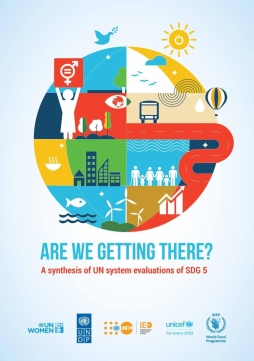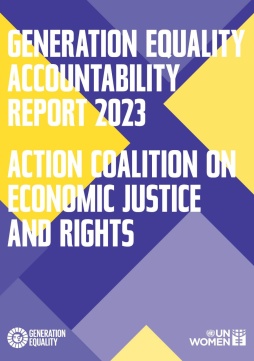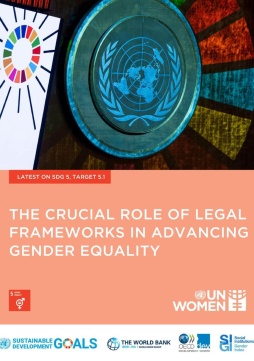The World Survey on the role of women in development 2014: Gender equality and sustainable development
The World Survey on the Role of Women in Development is a UN Secretary-General report mandated by the Second Committee of the General Assembly and comes out every five years. The 2014 report focuses on gender equality and sustainable development, with chapters on the green economy and care work, food security, population dynamics, and investments for gender-responsive sustainable development. The report comes at a crucial moment, as the global community grapples with the definition of the Sustainable Development Goals and the emergence of the post-2015 framework. Against this context, World Survey 2014 asserts the central role of gender equality in charting the rationale and the actions necessary to achieve sustainable development. The World Survey uses three criteria to assess whether policy actions and investments for sustainable development adequately address gender equality. Do they support women's capabilities and their enjoyment of rights? Do they reduce, rather than increase, women's unpaid care work? And do they embrace women's equal and meaningful participation as actors, leaders and decision-makers? It offers a comprehensive set of recommendations for gender-responsive policy actions and investments towards sustainable development overall, as well as for the selected areas which the World Survey emphasizes.









